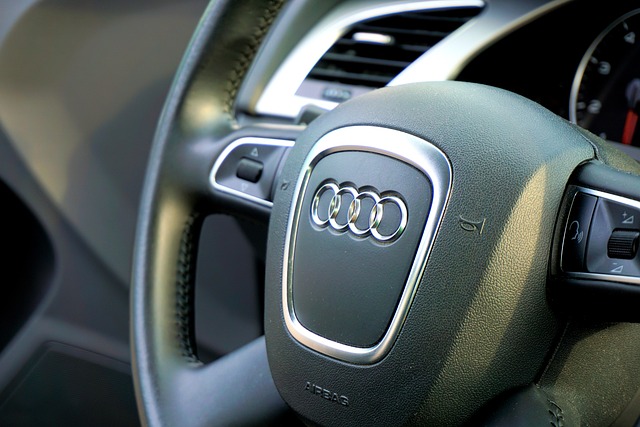“Unsure about your rights after a car accident? This comprehensive guide breaks down everything you need to know about PCP claims in the UK. We’ll explore common types of pcp compensation and walk you through the pcp claim process, ensuring you understand your options for seeking justice. Whether you’re looking to file a pcp claim or simply want to gain insights as a driver, this article offers valuable information on maximizing your PCP claims potential.”
- Understanding PCP Claims: A Comprehensive Guide
- Common Types of Compensation in PCP Cases (UK)
- The Process of Making a Successful PCP Claim
Understanding PCP Claims: A Comprehensive Guide

When it comes to car accidents, Personal Injury Protection (PCP) claims play a crucial role in ensuring victims receive the compensation they deserve for their injuries and losses. In the UK, PCP claims are designed to offer financial support to individuals who have suffered harm due to another driver’s negligence. This comprehensive guide aims to demystify the process for those considering a PCP claim.
Understanding PCP claims involves grasping that they cover a wide range of expenses, including medical bills, rehabilitation costs, and even loss of income. The UK’s system is structured to protect individuals who might not have sufficient insurance or face challenges in pursuing legal action against at-fault drivers. By making a PCP claim, victims can access these essential funds while navigating the aftermath of an accident, ensuring they receive fair compensation for their physical and financial burdens.
Common Types of Compensation in PCP Cases (UK)

In the UK, Personal Injury Claims (PCP) for car accidents encompass several types of compensation designed to reimburse individuals for their losses and suffering. The most common forms include:
1. Loss of Income: This is especially significant in cases where an individual cannot work due to injuries sustained in the accident. It covers not just the immediate loss but also potential future earnings if the injury results in long-term disability or a reduced capacity to work.
2. Medical Expenses: All costs associated with treatment, from initial emergency care to ongoing rehabilitation, are usually covered under PCP claims UK laws. This includes hospital stays, surgery, physical therapy, and medication.
3. Pain and Suffering (General Damages): This component compensates individuals for the pain, both physical and psychological, they experience as a result of their injuries. It also takes into account any emotional distress caused by the accident.
4. Care and Assistance: If an injured person requires assistance with daily activities due to their injuries, these additional costs are often covered in PCP claims. This could include home care, personal care, or adaptive equipment.
5. Loss of Amenity: Injuries that affect an individual’s quality of life, such as loss of mobility or sensory impairment, may result in compensation for the loss of amenities they once enjoyed.
The Process of Making a Successful PCP Claim

Making a successful Personal Injury Compensation (PCP) claim in the UK involves several crucial steps. It begins with gathering all relevant information and evidence related to the accident, including medical records, police reports, and witness statements. This initial phase is essential for building a strong case, as it helps establish liability and the extent of injuries or damages incurred.
Once prepared, claimants should approach a reputable legal professional experienced in handling PCP claims. They will guide you through the process, ensuring your rights are protected. This includes assessing the value of your claim, negotiating with insurance companies, and representing you at any necessary court proceedings. By following these structured steps, individuals can effectively navigate the complexities of PCP claims in the UK and secure the compensation they deserve for their injuries or losses caused by another party’s negligence.
In conclusion, understanding your rights and navigating the complexities of PCP claims is crucial for ensuring justice in the event of a car accident. By familiarizing yourself with the different types of compensation available under PCP claims UK, you can make informed decisions when pursuing a PCP claim. Following the comprehensive guide on understanding PCP claims and the step-by-step process for making a successful claim, you are now equipped to assert your entitlements and secure the compensation you deserve.
